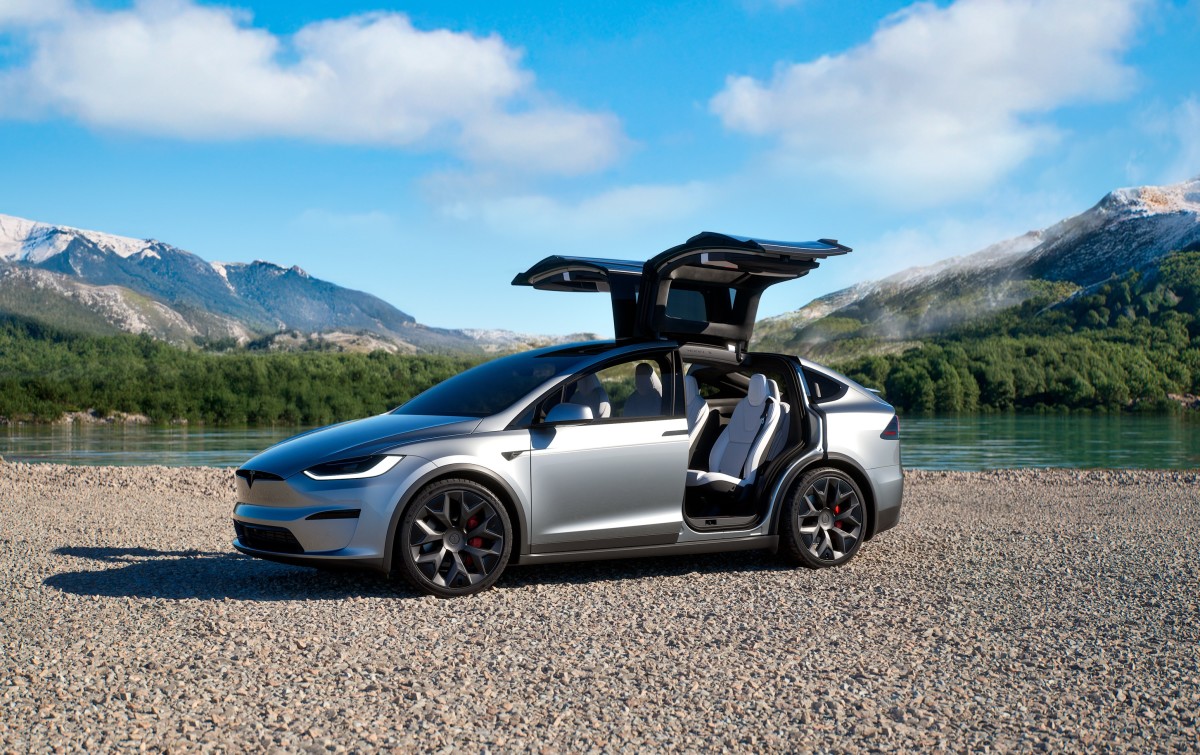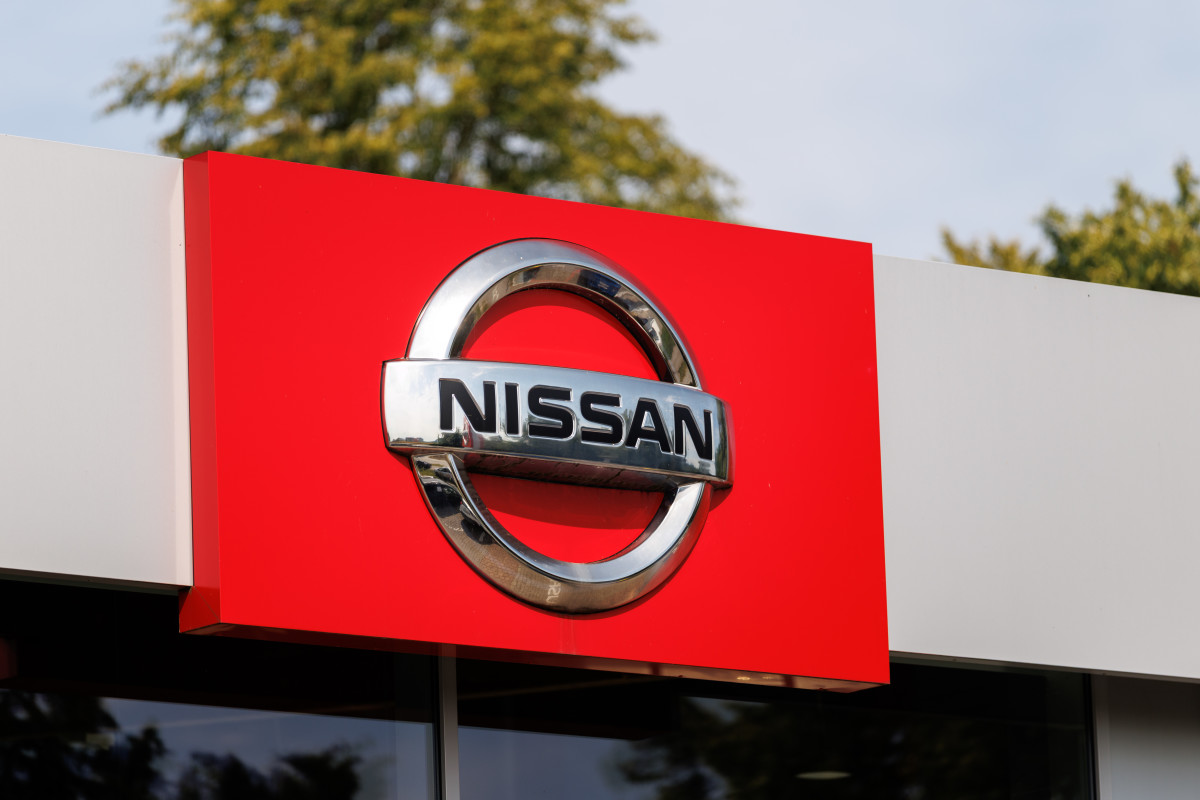J.D. Power’s 2025 initial quality survey is more positive than negative
J.D. Power’s Initial Quality Survey for 2025 has unveiled information and insights that those considering a new vehicle won’t want to miss. The survey sources data from drivers evaluating their first 90 days of owning a new car, and one of its most surprising findings is that the number of problems owners are reporting during this period has slightly decreased, despite the growing complexity of today’s vehicles in areas like software.
In terms of data, the number of problems per 100 vehicles improved from 194 a year ago to 192. Premium brands experienced a noticeable year-over-year decline in problems, from 230 per 100 vehicles to 203, primarily driven by Tesla, which may not have been expected, given the automaker’s position among manufacturers with the most U.S. recalls over the past three years. Mass-market brands went in the wrong direction, increasing from last year’s 181 problems per 100 vehicles to 187.

Tesla
Infotainment, PHEVs, and cupholders are among the concerns
One of the less surprising figures was infotainment remaining a pain point, retaining its status as the study’s most problematic vehicle category. Still, infotainment problems improved at an annual rate of 1.9 per 100 vehicles. Automakers are increasingly relying on touchscreen displays to facilitate features, and problems in this area within the first 90 days of ownership are growing. Frank Hanley, senior director of auto benchmarking at J.D. Power, said: “Customers are having to tap and swipe through multiple screens to access key vehicle functions like climate settings and built-in garage door openers. Owners find these things to be overly complicated and too distracting to use while driving. By retaining dedicated physical controls for some of these interactions, automakers can alleviate pain points and simplify the overall customer experience.”
Plug-in hybrid electric vehicles (PHEVs) are becoming more popular, but J.D. Power reports that for the first time, this segment has more problems than battery electric vehicles (BEVs). Gas-powered and non-PHEV hybrids also recorded fewer problems than PHEVs and BEVs. New vehicle launches were also listed as more problematic than average this year. More specifically, of the 18 new models launched, only two have fewer problems than their segment average.
Getty
Manufacturers are also having to reconcile with consumers who have not had their expectations met regarding a vehicle’s cupholders holding different sizes of reusable containers. Lexus took the crown for initial quality this year with a rating of 166 problems per 100 vehicles, with premium brands like Jaguar and Genesis also ranking high at 175 and 183, respectively. While mass market brands declined in quality overall from last year, Nissan ranked the highest with 169 issues per 100 vehicles. Hyundai and Chevrolet ranked second and third in the mass market category, scoring 173 and 178, respectively.
Final thoughts
The increasing complexity of new cars didn’t stop J.D. Power’s 2025 initial quality survey from reporting modest progress in problems per 100 vehicles. Drivers can often associate the premium segment with expensive repairs, but companies like Lexus, Jaguar, and Genesis have reported high-quality scores. If you’re skeptical about opting for a mass-market vehicle with average problems increasing year-over-year, data suggests that you should consider a Nissan, Hyundai, or Chevrolet. Additionally, those looking to save money on fuel with a PHEV should consider how this category is displaying more issues than their non-PHEV hybrid and gas-powered counterparts.